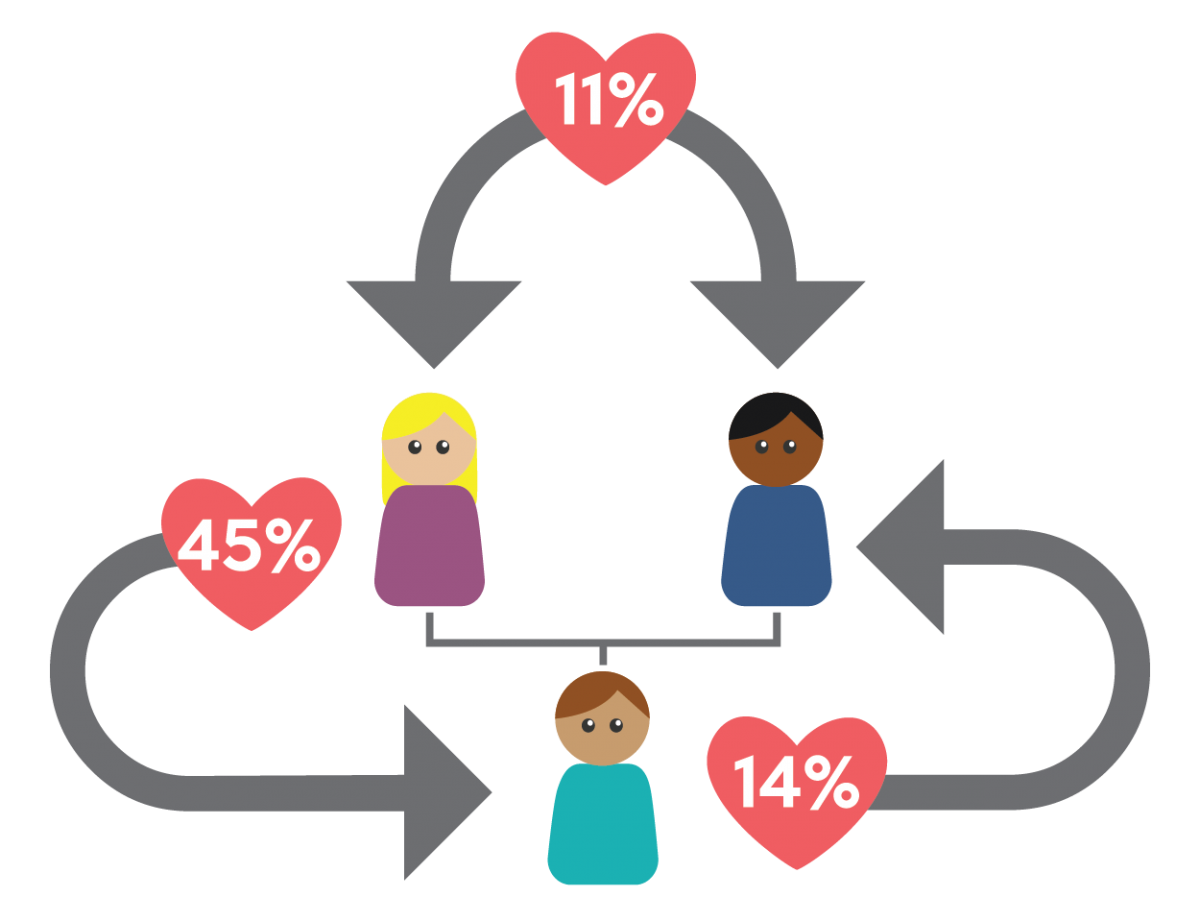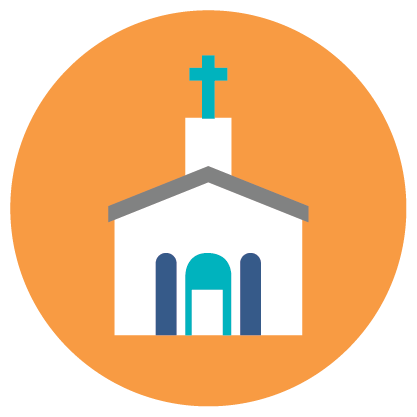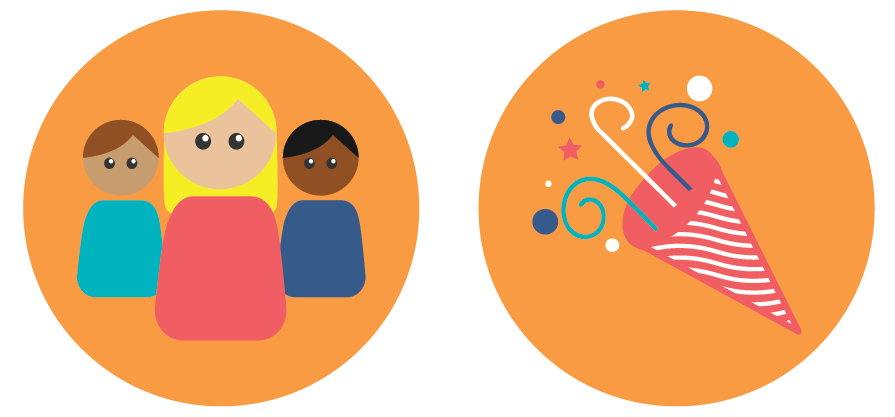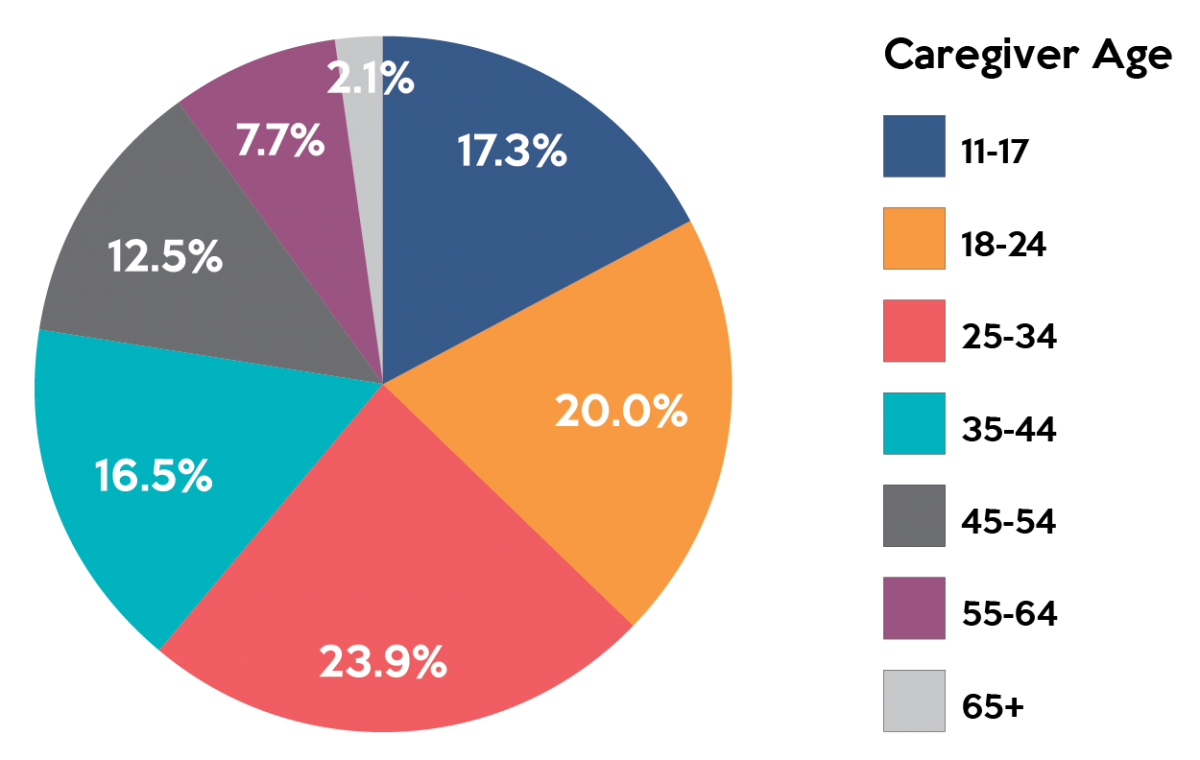You are here
The Caregiver and Community Inclusion
| What Do We Know About Caregivers? | ||
| An estimated 8.4 million Americans are unpaid caregivers for adults with mental health issues; roughly the same as the population of New York City. |  |
|
 |
88% of caregivers for adults with mental illness are family members
|
|
| People with mental illnesses receive care for 9 years on average, as opposed to 4 years for people with other illnesses. |  |
|
|
3/4 of caregivers reported that they were impacted or highly impacted in their involvement in activities (work, school, family, friends, religion, etc.) by their caregiving role
|
||
|
Religion was the least impacted area
|
Friendships and recreation were the most impacted areas
|
|
|
What Have We Learned About Caregivers from Screening? |
||
|
Half of all screens taken by caregivers at mhascreening.org were for depression |
||
| Of caregivers who took a screen at mhascreening.org: | ||
|
Over 80% were women |
||
|
Nearly 2/3 (61.21%) were under age 34 |
||
Why is Community Inclusion Important?
Community inclusion means that all people, regardless of their health care needs, have the right to: be respected as members of their communities, participate in recreational activities in neighborhood settings, work at jobs in the community that pay a competitive wage and use their skills and abilities to the fullest, and pursue educational opportunities with their peers.
Inclusion in the community allows a person to serve a role and feel that they have a sense of purpose and belong to something bigger than themselves. Part of what can make caregiving difficult is a lack of community inclusion for people with mental illnesses.
| 2/3 of caregivers report that the person they care for has received some support to increase their participation in community life.
|
||
| Contact your local MHA affiliate to get information about support in your area. | ||
| 45% of people with mental illness receiving care live in the home of the caregiver, yet only 1/3 of caregivers reported that their loved one was involved or very involved with their choice of housing.
|
||
| Find housing resources for people with mental illnesses. | ||
| Only 20% of caregivers reported that their loved ones were involved in competitive employment.
|
||
| Learn more about meaningful work, its role in the recovery process and supported employment. | ||
For more information, read the full report: Community Inclusion from the Perspective of Caregivers
More on Caregiving
- Family and Friends: Supporting Someone Close to You
- Caregiving for a Person with Mental Illness
- Caregiver Basics: What You Need to Know
- Being an Effective Caregiver
- Fostering Self-Determination as a Caregiver
Resources on Caring for Yourself
Sources
Caregivers of Adults With Mental Illness (2016). National Alliance for Caregiving. http://www.caregiving.org/mentalhealth/
U.S. Census Bureau. http://www.census.gov/quickfacts/table/PST045215/3651000

















this page